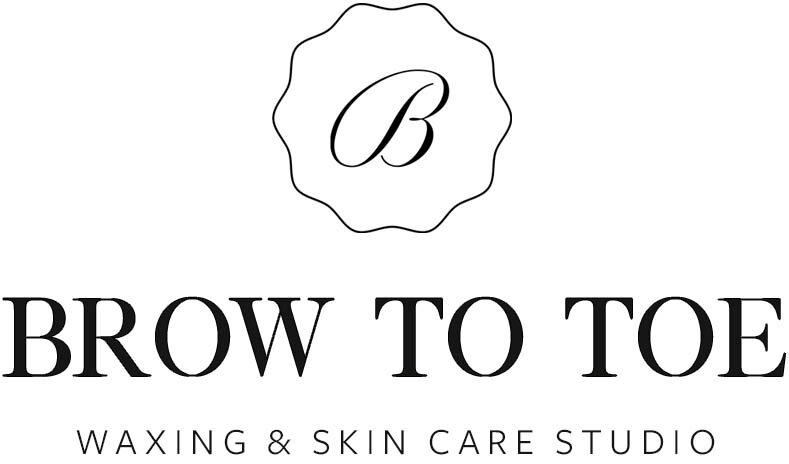Stress Can Make Your Skin a Mess
Stress is an inevitable part of life, affecting our mental, emotional, and physical well-being. But did you know that stress can also wreak havoc on your skin? Especially for women over 35, who often juggle multiple responsibilities. As we navigate the demands of work, family, and other obligations, the toll of stress becomes evident on our skin.
In this blog, we delve into the fascinating connection between stress, skin health, aging, and acne. We all know that stress can lead to sleepless nights and a tired appearance, but its impact on our skin goes deeper. From increased inflammation to disrupted collagen production, stress can exacerbate existing skin conditions and contribute to premature aging.
The Telltale Signs of Stress on Your Skin
Stress is not just a mental burden; it can wreak havoc on your skin as well. If you've been noticing lines and wrinkles on your face, acne breakouts, tired eyes, or dull-looking skin, stress could be the culprit. The impact of stress on our skin is undeniable, and it's important to understand why.
When we're stressed, our bodies produce a hormone called cortisol. This hormone triggers a cascade of events that can lead to skin aging. Cortisol breaks down collagen and elastin, the proteins responsible for maintaining the elasticity and firmness of our skin. As a result, lines and wrinkles become more prominent, giving your skin an aged appearance.
To truly comprehend the effects of stress on the skin, we must explore the relationship between stress, the fascia, and the formation of static wrinkles. Fascia is a layer of connective tissue beneath the skin that plays a vital role in skin health. When we experience stress, the fascia can become tense and rigid, affecting the overall appearance of the skin. This tension can lead to the development of static wrinkles, even in the absence of facial expressions.
The Psychological Impact of Skin Changes
The ripple effects of stress-related skin changes can extend far beyond the physical, often weaving into the fabric of our emotional and psychological well-being. A sudden flare of acne or a persistent patch of eczema can disrupt our self-image, casting a shadow of self-doubt. Our skin, the most visible marker of our health, becomes a canvas for internal strife.
I can recall having what I thought was the worst case of acne at the age of 38. I refused to leave the house without make-up. I felt like everyone was staring at me and thinking, “She must not wash her face.” As you can imagine, my confidence level was pretty low, and this experience led me to esthetics school. Since then, it has been my mission to ensure no one else has to feel like I did.
Self-Care: The First Casualty of a Busy Life
In the chaos of our busy lives, self-care often becomes the first casualty. As stress levels soar, we neglect the routines that keep us grounded and glowing.
Neglecting self-care routines during stressful times is a common pitfall. We push aside our skincare rituals, opting for quick fixes or skipping them altogether. Taking care of your skin, exercising, eating well, and sleeping during stressful times are not options; they are forms of self-preservation. By prioritizing self-care practices, you provide your skin and body with the support it need to combat stress-induced damage.
Combatting Stress-related Skin Issues: Practical Tips
To combat stress, start by identifying moments throughout your day that can be repurposed as mini-relaxation sessions. Whether it's deep breathing exercises during your commute or a 10-minute meditation break before lunch, these pockets of peace can contribute significantly to stress reduction. Maintaining a consistent exercise routine also bolsters stress resilience, releasing endorphins that act as natural mood lifters. Reinforce these efforts with hydration, nutrition, proper sleep, and a dedicated skincare regimen. And my favorite of all time is learning to say no!
Click the link below to learn a quick and easy breathing exercise you can do anytime and anyplace.
In conclusion, the correlation between stress and skin health is clear and significant, particularly for women over 35 who are balancing the multiple stressors of daily life. Chronic stress manifests on our skin in various detrimental ways—from premature aging due to collagen breakdown, to fascia tension that facilitates static wrinkles, and aggravated skin conditions like acne. The psychological consequences of these skin changes can erode our self-esteem and well-being. However, the path to resilience lies in the transformative power of self-care. By integrating stress-reduction techniques such as deep breathing, meditation, and exercise into our daily routines, along with a steadfast commitment to skincare, nutrition, and sleep hygiene, we can fortify our skin against the ravages of stress. Learning to set boundaries and saying "no" can further preserve our mental and physical health, promoting a holistic approach to managing stress and maintaining skin vitality. Remember, self-care is not a luxury—it is essential to nurturing both our skin and our soul.





